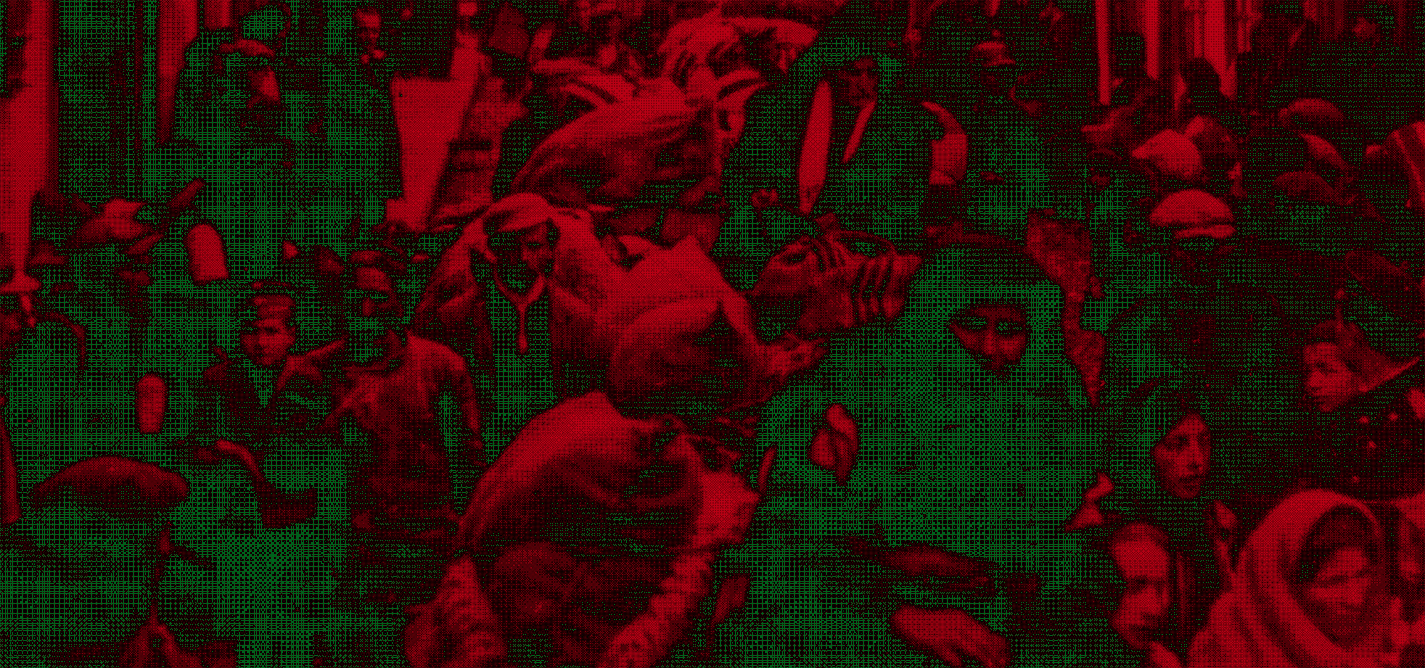
Kosovo’s genocide resolution resolves nothing
How is an entire nation going deaf over too much noise for nothing?
When proving that there was genocide, proving intent is crucial.
Four years have passed since the first time these allegations were made, and not a single step in this regard has been taken.
Enacting a law that prohibits the denial of something that has not been proven in any way establishes a dangerous precedent.

Furtuna Sheremeti
Furtuna Sheremeti is a law graduate from the University of Prishtina. She holds an MSc in Criminology and Criminal Justice from the University of Oxford and is currently doing her doctorate at KU Leuven in Belgium on state crimes and state harms.
DISCLAIMERThe views of the writer do not necessarily reflect the views of Kosovo 2.0.
This story was originally written in English.